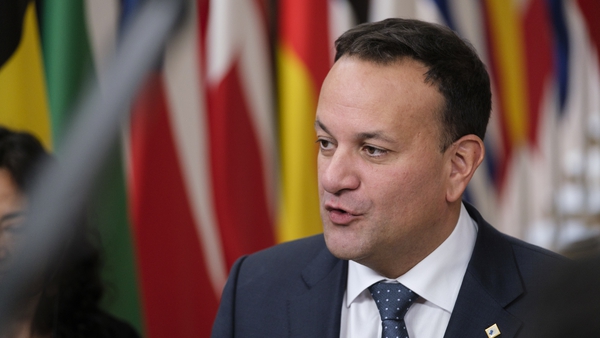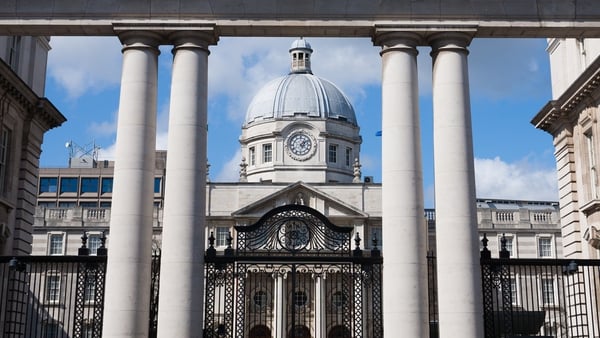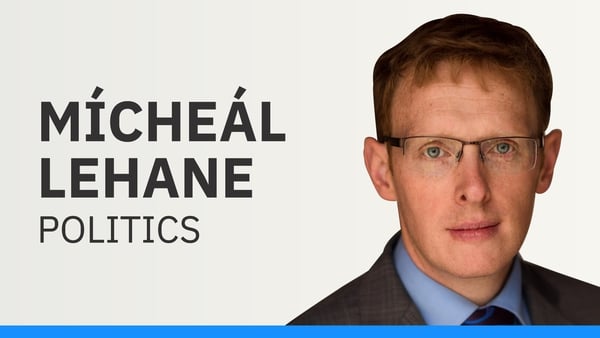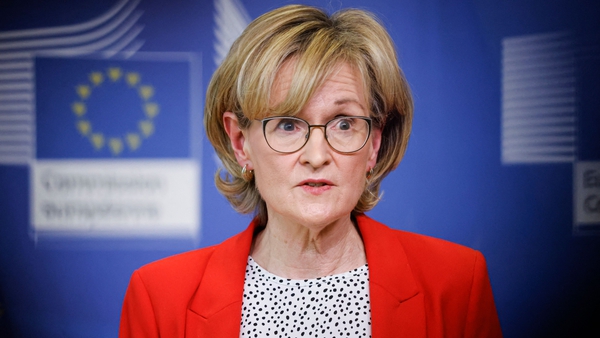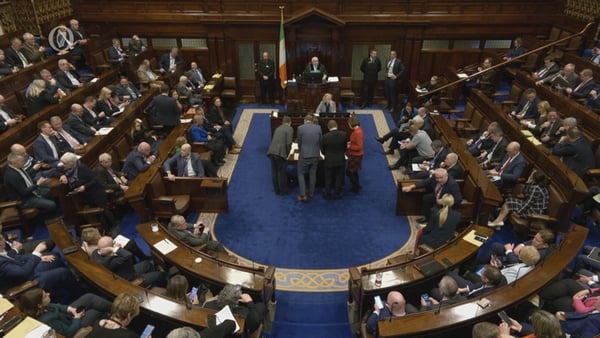There was a curious choreography to today's Government approval of €56 million for RTÉ.
Such amounts of money might typically involve written memos and detailed discussions.
Instead, at the end of the Cabinet meeting, Minister for Media Catherine Martin informed the Government that following engagement with senior colleagues in recent days, a decision was made on additional funding.
So essentially the decision was made and agreed before the Cabinet even met.
The bigger call about a future funding model for public service media is likely to prompt significantly more discussion.
There is a political promise to make a decision on this next year and to have the new funding system up and running in 2025.
Right now there is a strong view in the Departments of Finance and Public Expenditure that some form of media charge must be retained.
This charge is likely to include more devices than televisions and it could potentially be collected by the Revenue Commissioners.
Given that more households would be expected to pay the charge, it could be set below the current €160 licence fee.
But there is a big problem politically with this idea and it is one that evokes memories of the water charges.
It is the unavoidable fact that there are elections on the way.
There will be local, European Parliament and Dáil elections over the next 15 months.
The idea of implementing a new charge in such an environment frightens many politicians.
Coupled with this is the sense that the Department of Media is thought to be more in favour of direct exchequer funding.
That thinking is in line with the recommendations contained in the Future of Media Commission Report.
Those in Government who are uneasy about this option suggest that in times of economic turmoil it would be difficult to allocate sufficient funding for public service media.
Plus it could lead to a charge that the government of the day had control of the public service media it was directly funding.
It is a big political call and previous governments have baulked when decisions on this matter were on the agenda before.
This time though, it certainly seems that change is on the way.


